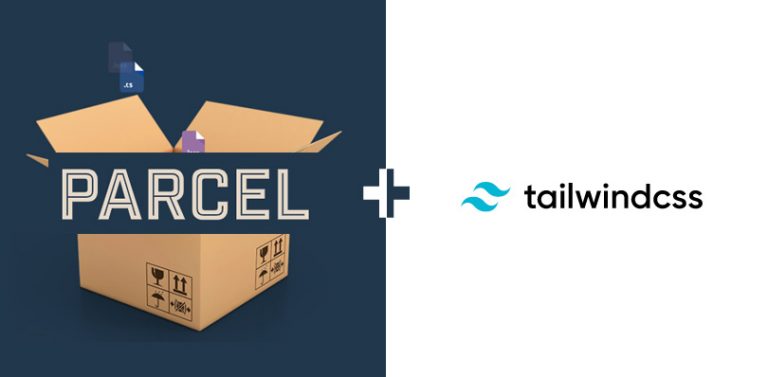Tailwind CSS with Parcel v2

Getting Tailwind to compile with Parcel v2 is easier than ever. We will leverage the Parcel v2 PostCSS support to automatically compile Tailwind assets with little configuration.
HTML5, CSS3 and jQuery tutorials. Also some tools and guides.

Getting Tailwind to compile with Parcel v2 is easier than ever. We will leverage the Parcel v2 PostCSS support to automatically compile Tailwind assets with little configuration.

With the release of Foundation 6.4, they have moved to a module-based JavaScript architecture. This is great and definitely the way to go. Documentation is a bit lacking in this regard, however. I’ll quickly demonstrate in this article how to…

State containers are a must for medium to large-sized React applications. The basic idea is to keep the state abstracted from your components and manage it somewhere else. Using a state container like Redux or MobX allows you to share…

Bootstrap 4 and Foundation 6 are the latest versions of the most widely used CSS frameworks out there. Foundation 6 is stable whereas Bootstrap 4 hasn’t been released yet. However, before you wonder why I am comparing a stable framework version…

If you like to be on top of the latest frontend technologies, then this is the right post for you. Let us go through the most widely used frontend tools that will help you boost your productivity by leaving the…

If you’ve worked in front-end web development recently, you’ve probably realised how messy the whole thing has become. From languages that compile on top of other languages, to the ridiculous number of frameworks released every day, it’s overwhelming. In fact,…
There is your client, complaining that they can’t see the changes you just made to their website. You explain them that they need to delete their browser cache in order to properly visualize the modifications. They said they don’t know…
Twitter Bootstrap has some nice styling for error messages in forms. Using jQuery form validation could come handy and its actually pretty easy to integrate. The question is, how do we use the Bootstrap styling along with jQuery Validation plugin?…
The number of people perusing the web on mobile devices is huge, nobody can say otherwise. Ericsson reported that in the past year, mobile traffic more than doubled. The number of users in the United States alone who use the…
Twitter is great and with it comes great ideas from everywhere. Today, I decided to try a new kind of poll that I really liked and will boost your Twitter mentions a lot. I am talking about Twitter Polls. If…
CSS3 is here. All the modern browsers support it, even the infamous Internet Explorer in its 9th version. In this small article we will learn how to alternate row colors in a table, or any other HTML element with pure…
According to MeFeedia, from all the web videos around the net, 63% of them are HTML5 friendly. For those on iPad or iPhones, it believe this is a very good thing. Flash is a thing of the past for watching…
I was coding a long signup form, a very nice one, with the jQuery Validation Plugin, but it wasn’t working. I started to strip the code, piece by piece so I can identify what was causing the plugin to ignore…
Once the DOM is structured by the browser, each element in our HTML page has an index relative to its parent. Retrieving an element’s index with jQuery is an easy task, and it is so useful that it can save…
You have a select element, and you need to “select” one of its options based on one of its values. What you do is use the “selected-selector” of jQuery to do it in a single line. Lets say I have…